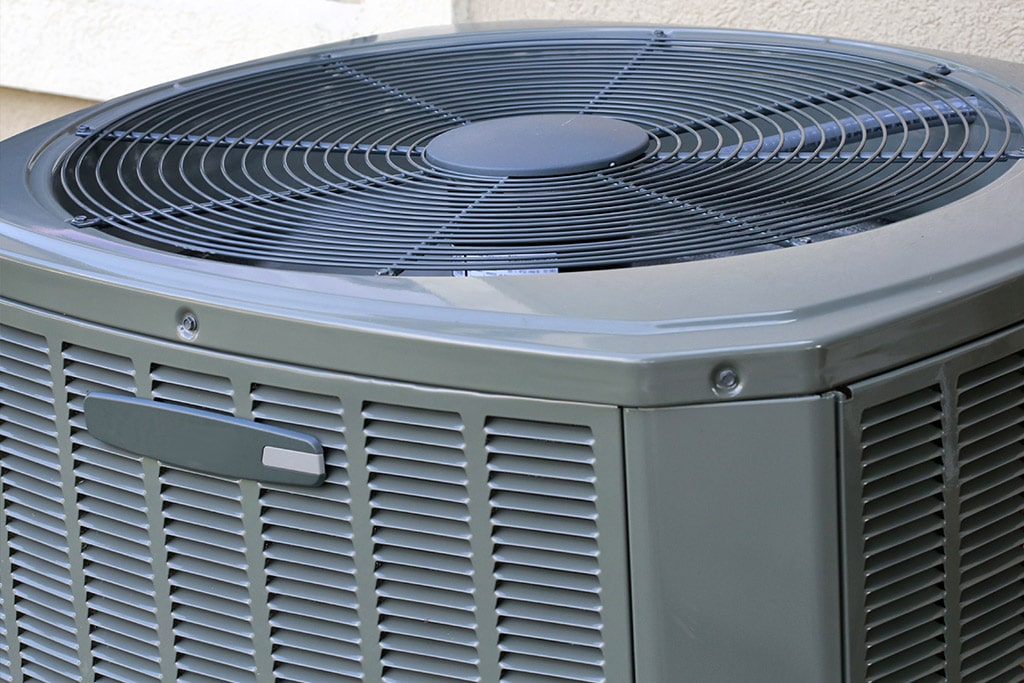Grasping HVAC Systems: A Beginner’s Guide

When it comes to maintaining a pleasant home environment, understanding your HVAC unit is vital. HVAC, an acronym for heating, ventilation, and air conditioning, holds a crucial role in regulating the heat and air quality of your living space. Owning a home means you want to make sure that your HVAC system functions efficiently, providing steady heating in winter and dependable cooling in summer. This guide seeks to equip beginners with the understanding needed to make educated decisions about their HVAC systems.
If you are curious about how frequently to service your system, want to learn the signs that indicate it needs immediate attention, or are exploring energy-efficient options, this comprehensive guide encompasses everything you ought to know. With information into the latest technologies and tips for improving indoor air quality, you'll get a thorough understanding of how to keep your HVAC system functioning well year-round. Together, we will delve into the basics and beyond to make your indoor environment more enjoyable and efficient.
Vital Heating, Ventilation, and Air Conditioning Upkeep Advice
Ensuring your HVAC system in optimal condition requires regular maintenance. One of the most essential actions is changing air filters every 1 to 3 months, depending on usage and the type of filter you utilize. Clogged check this site , resulting in your system to work harder, which can lead to higher energy bills and potential damage. Regular air filter changes not only improve efficiency but also elevate indoor air quality.

Furthermore important maintenance tip is to schedule annual professional inspections. A trained technician can spot potential issues before they become critical problems. During these inspections, the technician will service components, check refrigerant levels, and ensure that all parts are functioning correctly. This can extend the lifespan of your system and help you prevent costly repairs down the line.
Moreover, homeowners should keep the outdoor unit clear of debris such as leaves, dirt, and grass. https://kanstrup-newton-2.blogbright.net/the-costs-of-neglecting-your-hvac-unit guarantees proper airflow around the condenser unit. Regularly clearing the area surrounding your HVAC system helps sustain its efficiency. Maintaining your HVAC system through these straightforward maintenance routines can save you money and ensure comfort in your home all year long.
Resolving Frequent Problems
If your HVAC system is not working as it should, it's crucial to identify the problem quickly to avoid worsening conditions. One of the most common issues is inadequate heating or cooling. If you see that your home is not achieving the target heat level, the first action is to review your temperature settings. Make sure that it is set to the appropriate level and that the system is actually running. If it is, check the filter system, as dirty filters can restrict airflow and greatly reduce system performance.
A different frequent issue is unusual noises produced by the system. These noises can signify different problems based on their type. A clattering noise could suggest wobbly elements or obstructions in the blower, while a screeching squeal may suggest a problem with the blower motor. It's crucial to address these sounds promptly, as they can lead to more serious issues if left unchecked. Turn off your equipment and contact a specialist if you're unsure about the source of the sound.
Lastly, if you notice intermittent cycling on and off, it might indicate that your heating and cooling system is not appropriately sized for your area or there's an issue with the temperature control. Rapid cycling can cause increased wear and tear, shortening the life expectancy of your equipment. Verify that your temperature control is correctly calibrated and placed away from heat elements. If the issue persists, it may be necessary to hire a specialist to assess the setup and decide if a better capacity would be more fitting for your house.
Creating Informed Heating, Ventilation, and Air Conditioning Selections
In terms of choosing the appropriate HVAC system for your home, you need to assess various factors to ensure maximum performance and efficiency. To start, it's important to evaluate the size of your home. An HVAC system that is undersized will have difficulty to maintain pleasant temperatures, while one that is too large will cycle on and off too frequently, causing inefficiency. Engaging with a professional can help establish the suitable system size based on your dwelling's square footage, layout, and insulation quality.
Energy efficiency is also critical component in making an informed choice. Understanding SEER ratings can help you in evaluating alternative units. Higher SEER ratings show more energy-efficient systems, which can lead to lower utility bills and a reduced environmental impact. Additionally, weigh the upfront costs in comparison to long-term savings when assessing energy-efficient HVAC systems, as the investment may pay off in the long run.
Lastly, pay heed to the features that can enhance your home's comfort and convenience. Options like programmable and smart thermostats can help maximize energy use and allow for more effective control over your indoor climate. Think about also whether a ductless HVAC system could be suitable for your needs, especially if you have specific zones in your home that require specific climate control. By balancing these factors carefully, you can make informed decisions that will ensure your HVAC system meets your needs efficiently and effectively.
